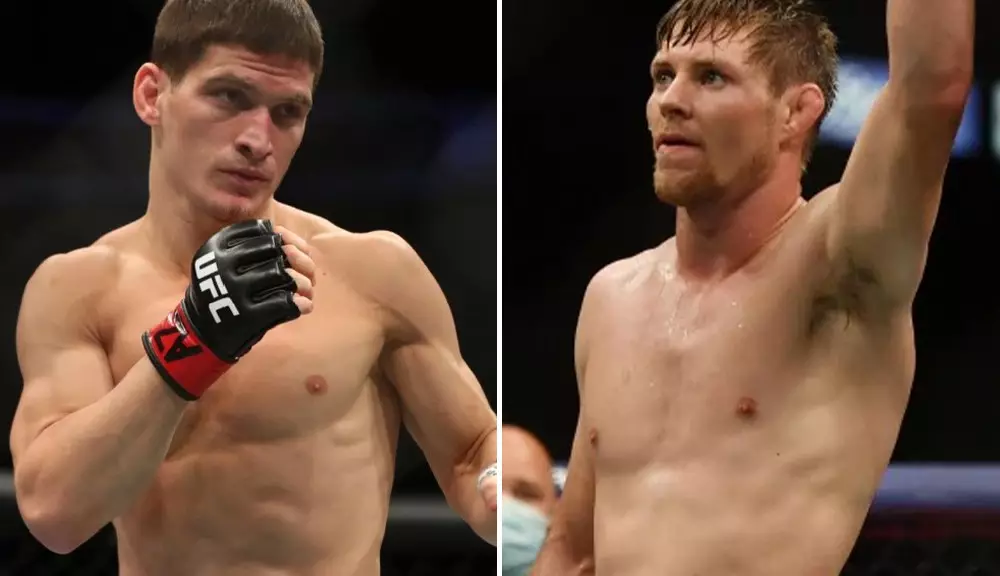Bryce Mitchell, a prominent name in the UFC featherweight division, is poised to step into the octagon against undefeated contender Movsar Evloev, provided he is granted sufficient preparation time. With Evloev searching for a replacement opponent for UFC 307 on October 5, following Aljamain Sterling’s withdrawal due to an elbow injury, Mitchell’s willingness comes with a caveat: he requires a minimum of two months to prepare. His cautious stance is informed by his previous experience, where he suffered an unexpected knockout at the hands of Josh Emmett during a short-notice fight in December at UFC 296.
Mitchell’s past encounter serves as a potent reminder of the risks associated with stepping into the octagon unprepared. Speaking to The Schmo, he acknowledged the repercussions of his prior decision, stating, “You know what happened last time I took one on short notice. It was ugly.” This experience has undeniably shaped his approach, as he seeks to ensure he is fully prepared before facing a fighter of Evloev’s caliber.
The context of Mitchell’s request raises pertinent questions about fairness in the realm of mixed martial arts. He argues that two months is a reasonable timeframe for Evloev, emphasizing that the financial implications of waiting aren’t burdensome given what the top fighters earn. “If he really wants that fight, two months is not that long of a wait for what they’re paying him. He can survive two more months without a paycheck,” Mitchell asserts. This appeal to Evloev’s financial position highlights the often-overlooked aspect of timing in the sport, where fighters are forced to balance urgency with adequate preparation.
Additionally, Mitchell’s intentions resonate with a clear respect for Sterling. He explicitly states that he does not wish to take the opportunity away from Sterling and is willing to only step in if Sterling feels unprepared for a return. This decision showcases a commendable sense of sportsmanship and emphasizes the complexities of fighter dynamics within the sport.
As the conversation around opponents continues, Mitchell posits himself not only as an eager contender but also as a significant draw for the UFC. His confidence is evident when he suggests, “There’s not a bigger draw. Who else are you going to get to fight Movsar that will fill up seats?” This plea not only underscores his self-awareness but also emphasizes his role in the promotional landscape of the UFC. Fights are not solely about technique; they are also about the audience’s engagement and the business aspect of selling fights.
Mitchell’s assertive position in this respect paints him as a strategic player in the roster, one who understands that charisma and crowd-appeal play a crucial role in the success of fight nights.
Moving Forward: The Future of Matchmaking
Ultimately, Mitchell’s calculated approach to the potential fight against Evloev opens up broader discussions regarding matchmaking in the UFC. It serves as a reminder that while the thrill of the fight is paramount, the preparation leading up to it can be just as critical to the success of both the fighters’ performances and the event as a whole. As fans and analysts eagerly await updates, this scenario reflects the layers of complexity that go beyond mere competition within the elite level of mixed martial arts.

